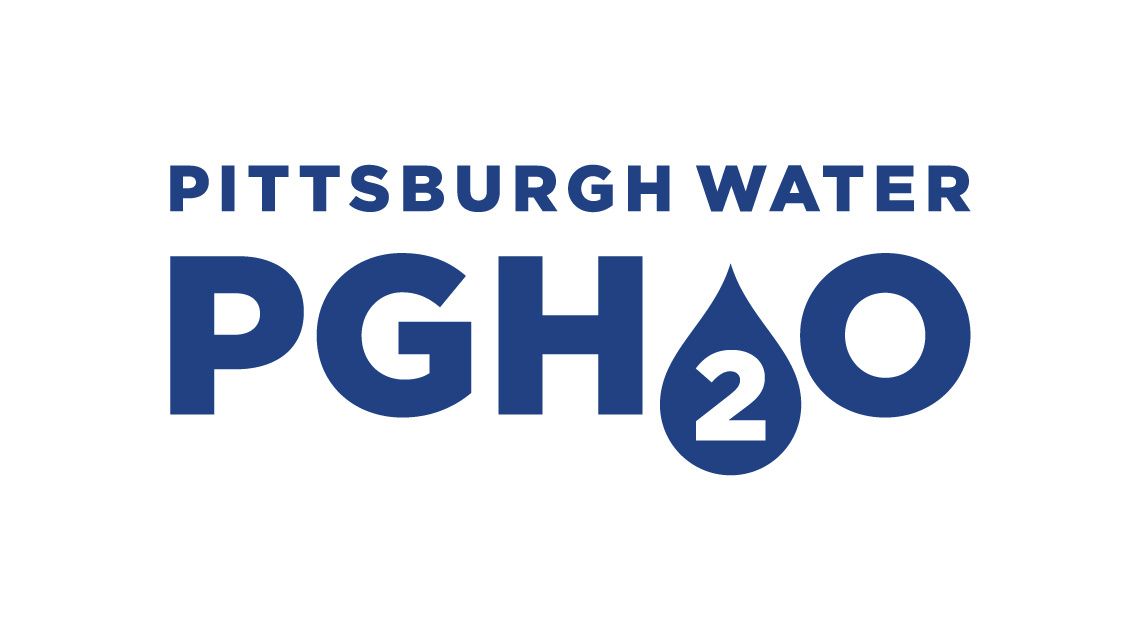Get Issuer Alerts
Add this issuer to your watchlist to get alerts about important updates.
New Water Quality Report Shows PWSA Meeting or Exceeding State and Federal Regulations
View allJune 30, 2021
Pittsburgh, PA – The Pittsburgh Water and Sewer Authority (PWSA) released its annual Water Quality Report which shows the Authority is meeting and exceeding standards for quality and safety in Pittsburgh’s drinking water. The full report is available online at pgh2o.com/2020WaterQuality.
This annual report outlines the treatment process, the effectiveness of water quality testing, and the results of the various contaminants tested for in the Allegheny River (the source of PWSA’s water). Each day, PWSA tests for approximately 100 different chemical and microbial constituents before, during, and after the treatment process and work tirelessly to maximize their reduction and removal from drinking water.
“Over the past few years, PWSA has evolved into a water authority that works for our residents with the lowest lead levels we’ve seen in twenty years and improved treatment and filtration processes and infrastructure,” said Pittsburgh’s Mayor, William Peduto. “We are proud of the innovations and advancements PWSA has used to create and deliver a higher standard of water quality and ensure our residents have equitable access to public water that is safe for all.”
This new video highlights our water testing process and the results of the 2020 Water Quality Report.
In addition to effective water quality testing, there are several other notable water quality improvements that took place in 2020:
-
Lowest Lead Levels in 20 Years: In July 2020, PWSA announced that lead levels came into compliance with federal regulatory standards. Testing showed PWSA’s 90th percentile lead level to be 5.1 parts per billion (ppb), approximately 10 ppb below the state and federal action level of 15 ppb.
-
Highland Park Microfiltration Plant: The Highland Park Microfiltration Plant provides a second layer of treatment to water leaving the open Highland I Reservoir. The Microfiltration Plant was taken out of service in 2017 to meet stricter state water quality standards. It was fully restored and placed back into service last year with changes to improve treatment methods, rehabilitate the microfiltration system, and provide greater security around the Highland I Reservoir.
-
Decreased Turbidity: Turbidity is a measure of water quality that refers to the cloudiness of water caused by suspended solids in our source water. As the solids are filtered out during the treatment process, turbidity levels become lower. PWSA is seeing the lowest turbidity levels in three years, which is a testament to the effectiveness of the Authority’s water treatment process.
Over the next several years, PWSA will implement its Water Reliability Plan, a series of once-in-a-generation projects to renew key components of our water production and distribution systems. These projects, which culminate with the complete restoration of the Clearwell, a large, century-old water storage facility, will strengthen our water system, add needed redundancy, and ensure an uninterrupted supply of quality water to our drinking water customers.
“The PWSA 2020 Water Quality Report shows our best results in years,” said PWSA Chief Executive Officer, Will Pickering. “Our customers can have confidence their water is meeting and exceeding all federal and state regulations. We’ve made tremendous progress mitigating lead levels and improving performance on other water quality measures, and I encourage customers to read the full report to learn more about how we provide this life essential service.”
PWSA’s 2020 Water Quality Report, also referred to as the Consumer Confidence Report, is a requirement of all water systems by the Environmental Protection Agency (EPA). All the contaminants tested for are regulated by the EPA and Pennsylvania Department of Environmental Protection. This latest report shows that PWSA met or exceeded all state and federal regulations.

